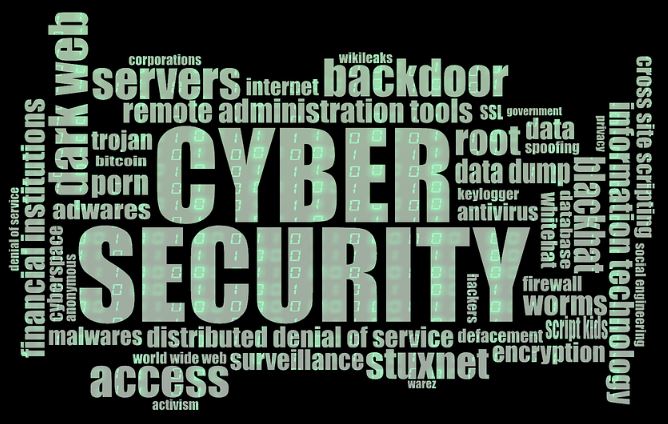There are plenty of ways a cyber criminal or hacker can access your clients’ information online. It has become even easier, since everyone has a mobile device that holds all their secrets in their pockets. Keeping your clients safe online is critical, especially since a hack can directly affect your business as well.
 Did you know that mobile devices are one of the most vulnerable points of entry for spyware, viruses, and ransomware? According to Symantec’s Internet Security Threat Report 2018, “The number of new malware variants for mobile increased 54 percent in 2017. Overall, in 2017, 27 percent of malicious apps were found in the Lifestyle category.”
Did you know that mobile devices are one of the most vulnerable points of entry for spyware, viruses, and ransomware? According to Symantec’s Internet Security Threat Report 2018, “The number of new malware variants for mobile increased 54 percent in 2017. Overall, in 2017, 27 percent of malicious apps were found in the Lifestyle category.”
That was two years ago. The threat is most likely much higher. Yes, there’s tech, like AI and blockchain to help decrease risk. However, these are macro solutions. What can you tell your clients to do on the micro level to keep them safe online? The following eight tips may come in handy.
1. Use An Identity Verification Service
Identity theft and fraud are among the most common cyber issues your clients face today. Anyone with some form of spyware, ransomware, or virus on a client’s phone can access their information and potentially infiltrate their account with you and your company. An identity verification service that can be used via mobile device can decrease this risk significantly.
2. Public Wi-Fi Is A Potential Trap
Whenever your client logs into anything using public Wi-Fi they are at risk. This includes coffee shops, airports, and even the local library. This is because someone on the same network can hack into other devices. To reduce this risk, your client can use a virtual private network (VPN) when on a public network.
3. Let Clients Know The Risk Of Sending Information Digitally
When your client sends information that could compromise their online security via email or text, they could be at serious risk of cyber crime. For instance, sending account information to an accountant or family members via email. Let your clients know that this is a cyber risk not worth taking. They can use services like LastPass instead.
4. They Need To Think Twice About Texting
Texting seems pretty harmless on the surface, but in all actuality, it puts clients at risk for cyber crime. For example, using the popular messaging app WhatsApp to text personal information. If a mobile device is compromised by a hacker, they can access that personal information too. Share with your clients easy to install texting encryption options for those messaging platforms.
5. Secure Home Wireless Networks
Your client can be at home and still have an increased risk of fraud and identity theft. Most wireless networks at home can be accessed from the street, so having it encrypted with a strong password is a must. Nearly everything in a home is running on a wireless network in the digital age, so be sure your clients are protected.
6. Wipe Old Mobile Devices Clean
The changing of the guard for mobile devices is about every year or two. New tech means new products for your clients, and some don’t dispose of their old mobile devices properly. Express the importance of wiping old mobile devices clean using software programs. This ensures the hard drive data is permanently erased and your client’s information can never be accessed.
7. Tell Your Clients About Email Scams
Emails are commonplace these days. Everyone has at least one email account, and everyone gets spam. Emails are one of the ways cyber criminals and hackers access personal information online. Let your clients know that they should never open emails from senders they don’t know, and certainly never open links or documents from unknown senders as well. This can help keep your clients safe while checking their inboxes.
8. Always Keep Your Clients Up To Date
One of the best ways to fight cyber crime and reduce your clients’ risk of fraud and identity theft is knowledge. Keep clients updated on current hacking scams and cyber attacks in order to keep them vigilant. It could be part of your weekly newsletter campaign, or an email. Having the knowledge to fight these attacks can make a big impact for your client, as well as your business.
Wrapping Up . . .
The above eight tips to help your clients stay safe online are not the be-all, end-all. They are, however, among the most important to express to your clients. Not only will you be serving up vital information your clients will be thankful for, you will also be mitigating your risk of a cyber attack as well. How are you protecting your clients online?
Video – Cybersecurity
Cybersecurity (cyber security) is a term we read and hear a lot today. It refers to the measures we take to protect sensitive data, computers, and systems from hackers and digital attacks. Cyber, which serves as either a prefix or adjective, includes anything related to computers, computer systems, virtual reality, and information technology (IT).

